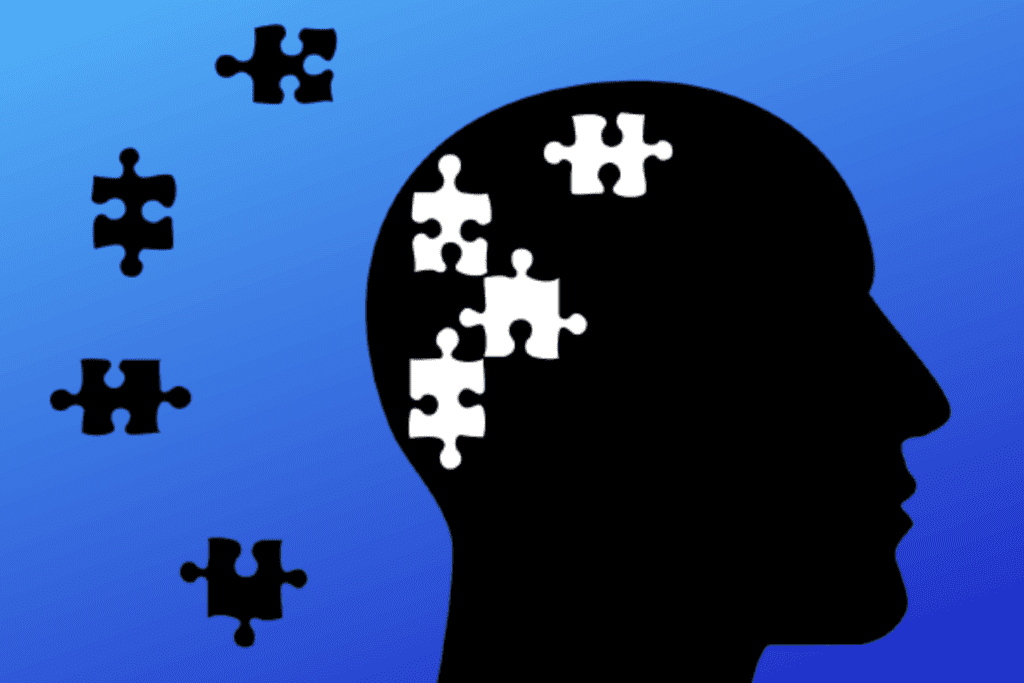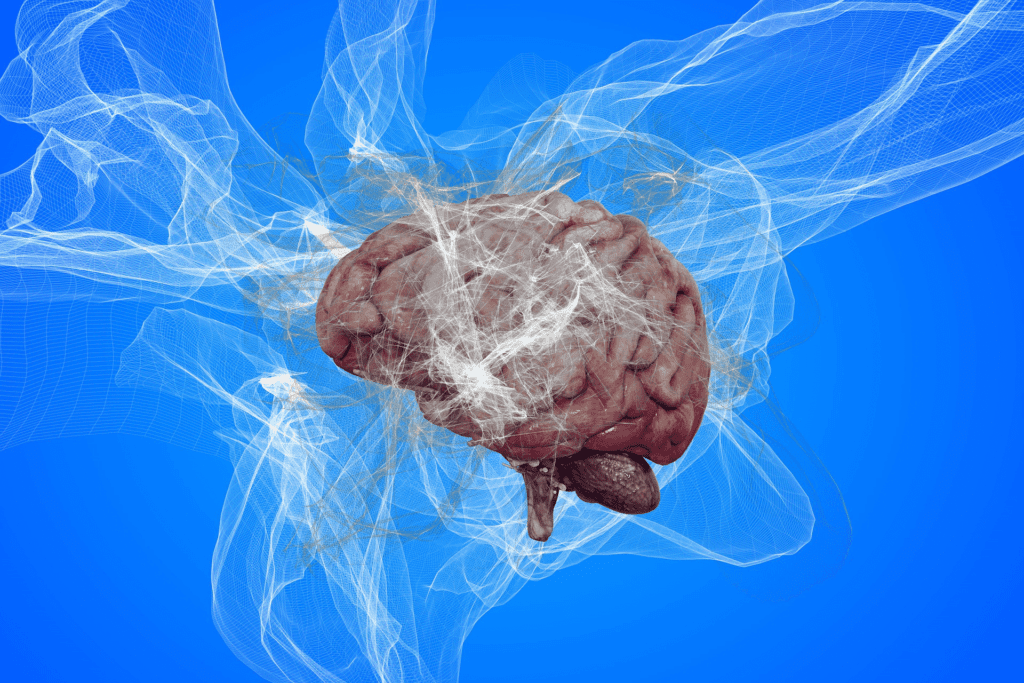Stress management refers to a set of techniques and practices designed to reduce, control, and cope with the negative effects of stress. By taking an active role in managing stress, we can enhance our resilience, improve our emotional well-being, and promote a healthier lifestyle. Effective stress management involves adopting healthy lifestyle habits, relaxation techniques, strong social support networks, and seeking professional help when necessary.
Table of Contents
ToggleStress is a common feeling that many people experience in their daily lives. It can be caused by a variety of factors such as work, relationships, finances, or even just the demands of daily life. While stress is a natural part of life, too much of it can have negative effects on your mental and physical health. That is why it is so essential to understand how to successfully manage stress.
What is Stress?
Stress is a physiological response that occurs when your body perceives a threat, whether real or imagined. When you experience stress, your body releases hormones such as adrenaline and cortisol, which can help you to respond to the perceived threat. These hormones can increase your heart rate, blood pressure, and breathing rate, preparing your body to fight or flee.

While this response can be useful in some situations, such as when you need to react quickly to avoid danger, it can also be harmful when experienced chronically. Chronic stress can lead to a range of negative physical and mental health effects, including anxiety, depression, headaches, digestive problems, and high blood pressure.
Stress Symptoms
Stress can appear in a variety of ways. Some common signs of stress include:
- Feeling anxious, restless, or irritable: This is a common symptom of stress. You may feel on edge or easily agitated, even when there is no obvious reason.
- Having trouble sleeping or staying asleep: Stress might make it harder to fall or stay asleep. You may wake up repeatedly during the night or feel fatigued even after a full night’s sleep.
- Experiencing frequent headaches or stomachaches: Physical problems such as headaches or stomachaches might be caused by stress. Even when you are not unwell, you may experience these symptoms regularly.
- Feeling fatigued or exhausted: Stress can be physically and mentally exhausting. Even after getting enough sleep, you may feel exhausted all the time.
- Being easily distracted or forgetful: Stress can make it harder to concentrate and remember things. You could easily become distracted or forgetful.
Causes of Stress
Many things can contribute to stress, including:

- Work-related stress such as heavy workload, job insecurity, or a toxic work environment: Many people experience stress related to their job. A heavy workload, job insecurity, or a toxic work environment can all contribute to stress.
- Financial stress, such as debt or unemployment: Financial stress can be a substantial source of stress. Stress can be caused by debt, unemployment, or other financial troubles.
- Relationship stress such as conflicts with family or friends: Conflict with family members or friends can cause stress. Relationship problems such as a breakup or divorce can also be a source of stress.
- Health-related stress such as illness or injury: Illness or injury can cause stress. Chronic illnesses or serious injuries can be especially stressful.
- Environmental stress such as natural disasters or political unrest: Natural disasters, political unrest, or other environmental factors can cause stress.
Types of Stress
Acute stress, episodic acute stress, and chronic stress are the three basic types of stress.
1. Acute Stress
Acute stress is the most common type of stress and is usually a response to a specific event or situation. This type of stress is short-lived and typically goes away once the situation is resolved. Examples of acute stress include public speaking, taking an exam, or getting into a minor car accident.
2. Episodic Acute Stress
Episodic acute stress is when acute stress occurs frequently and is often caused by chronic worry or anxiety. People who experience episodic acute stress often have a lot of worry or anxiety in their lives. They may be easily stressed out by minor events and have a hard time relaxing.
3. Chronic Stress
Chronic stress is the most harmful type of stress and is the result of ongoing stressors that are not easily resolved. Chronic stress can lead to long-term physical and mental health problems. Examples of chronic stress include ongoing relationship problems, work stress, or financial problems.
Stages of Stress
Stress can be divided into three stages: the alarm stage, the resistance stage, and the exhaustion stage.
- The alarm stage is the body’s earliest reaction to stress: During this stage, your body releases stress hormones, causing your heart rate and blood pressure to increase. You may also feel a rush of adrenaline.
- The resistance stage is when your body attempts to adapt to the ongoing stressor: During this stage, your body may start to experience physical symptoms such as headaches or digestive problems. You may also feel more anxious or irritable.
- The exhaustion stage is the result of ongoing stress, and it can lead to long-term physical and mental health problems: During this stage, you may feel extremely tired or even burned out. You may also experience more severe physical symptoms such as heart disease or high blood pressure.
Side Effects of Stress
Stress can have many negative side effects on our mental and physical health, including:
Increased Risk of Heart Disease and Hypertension
Chronic stress can increase your risk of developing heart disease or high blood pressure. This is because stress can cause your blood vessels to narrow, which can lead to higher blood pressure.
Weakened Immune System
Stress can weaken your immune system, making it harder for your body to fight off infections and illnesses.
Chronic Fatigue
Chronic stress can cause fatigue and exhaustion, making it difficult to carry out everyday tasks and activities.
Mental Health Issues
Chronic stress can also increase your risk of developing mental health issues such as depression, anxiety, and substance abuse.
Digestive Problems
Stress can lead to digestive problems such as stomach pain, bloating, and diarrhea.
Stress Management Techniques

Stress management techniques are strategies that individuals can use to help reduce and cope with stress. These techniques can be effective in managing stress and improving overall health and well-being. Here are some excellent stress management techniques:
Identify the Sources of Stress
The first stage in stress management is to identify the stressors in your life. This can help you to address the root causes of stress and make changes to reduce or eliminate them. Make a list of the things that cause you to feel stressed, and think about how you can change these situations.
Exercise Regularly
Regular exercise can be an effective way to reduce stress levels. Exercise releases endorphins, which are natural mood-boosters, and can help improve overall physical health. Most days of the week, aim for at least 30 minutes of moderate exercise, such as brisk walking or jogging.
Practice Relaxation Techniques
Deep breathing, meditation, and yoga are examples of relaxation techniques that can help reduce stress and promote relaxation. These techniques might assist to relax the body and mind.
Get Enough Sleep
Getting enough sleep is crucial for stress management. To feel well-rested and energized, aim for 7-9 hours of sleep per night. Create a calm evening routine and avoid using devices for at least an hour before going to bed.
Seek Social Support
Spending time with friends and family can help reduce stress levels and provide a support system during difficult times. Connecting with others can help individuals feel supported and less isolated.
Practice Time Management
Stress can be caused by poor time management. To better manage your time, prioritize things and make a timetable. This can aid in reducing feelings of overload and increasing productivity.
Avoid Unhealthy Coping Mechanisms
Unhealthy coping mechanisms such as overeating, drinking alcohol, or smoking can increase stress levels and harm physical health. Instead, try to engage in healthy activities that promote relaxation and wellness.
Seek Professional Help
If stress is affecting your daily life or mental health, seek help from a mental health professional. They can provide therapy, medication, or other treatments to help manage stress.
Incorporating these stress management techniques into daily life can help individuals better manage stress levels and promote overall health and well-being. It’s important to find what works best for each individual and to practice these techniques regularly to see the most benefit.
Conclusion
In conclusion, stress is a normal part of life, but when left unchecked, it can have significant negative effects on our mental and physical health. By recognizing the symptoms, identifying the causes, and understanding the types and stages of stress, we can better manage it. With effective stress management techniques, we can reduce the impact of stress on our lives and live healthier, more fulfilling lives.
Resources
Image Designed by Freepik
References
https://www.who.int/news-room/questions-and-answers/item/stress#:~:text=Stress%20can%20be%20defined%20as,experiences%20stress%20to%20some%20degree.
https://www.mind.org.uk/information-support/types-of-mental-health-problems/stress/signs-and-symptoms-of-stress/
https://www.webmd.com/balance/guide/causes-of-stress
https://www.ncbi.nlm.nih.gov/books/NBK541120/#:~:text=%5B18%5D%20This%20syndrome%20is%20divided,%22fight%20or%20flight%22%20response.
https://www.ncbi.nlm.nih.gov/pmc/articles/PMC2568977/
https://www.heart.org/en/healthy-living/healthy-lifestyle/stress-management/3-tips-to-manage-stress




